Picking up seven years after the events of the Season 3, we meet the Westworld trio at a crossroad. Dolores is now Christina, a soft-spoken video-game writer. Caleb may have finally found the stability he desired. Maeve is in hiding from the corporation who is still on the hunt for hosts. Now in its fourth season, Westworld continues to ask the complex questions of how far humanity will take technology before their values cease to exist. In this Goggler exclusive, we spoke to Aaron Paul and Alison Schapker about writing in the various blend of genres and tropes within the series.
Umapagan Ampikaipakan: I’m convinced that every two years you guys just set out to make my life a living hell as I plot things out on whiteboards and try to figure out what’s going on.
Alison Schapker: Sorry.
UA: Allison, could you talk to me about what goes on in the writing room with regards to some of the sources that you look to when making Westworld. I often get anime vibes and a little bit of Battlestar Galactica. But Westworld manages to do this without being derivative.
AS: I feel like part of the reason you feel that is because the show is very much conscious of genre. From Season 1 we explored the Western, and the roles that the hosts were given, before branching out into other kinds of genre worlds. And I think Jonathan (Nolan) and Lisa (Joy) have been pretty open about wanting both to stay.
There’s a reason that they’re here, obviously the IP, but also the obsession and inspiration with and of the Western, also the action movie, and the anime, and the noir, and the psychological thriller. In the writers room, we’re conscious of the sort of tropes and well-trodden roles that, culturally, people are asked to inhabit. And we try to speak to that.
And then everyone’s just sort of a cinephile. So we also love stories, and we love movies, and we love genres. So I would say that’s baked in. Some of what you feel as a fan, or as an audience member on the ride, it does come from the love of movies, and stories, and television, and genre.
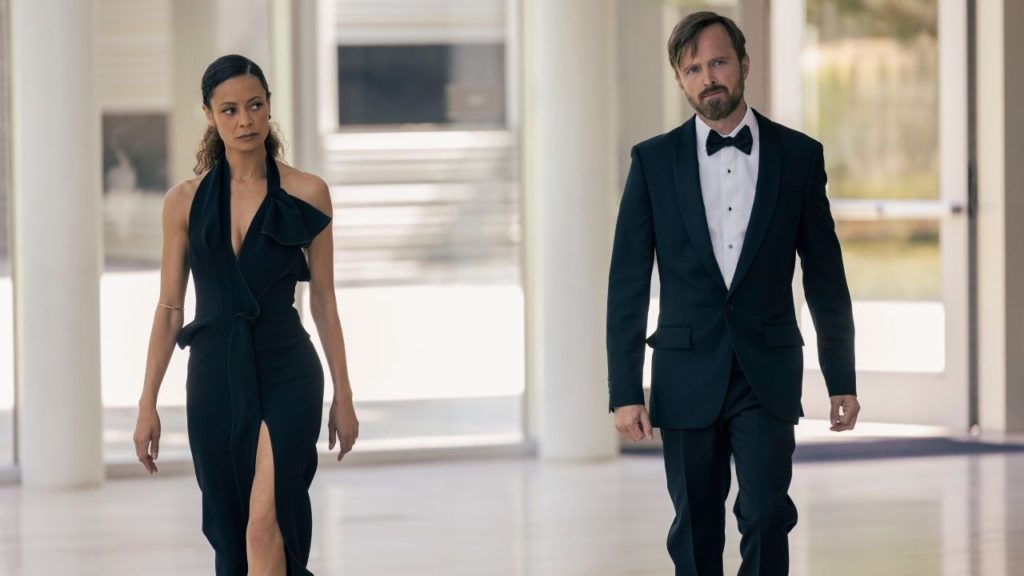
UA: And what about you Aaron? Is the script your true north? Is that the thing you go to or do you dive into other points of inspiration for your part?
Aaron Paul: For me, I try to not take anything from my personal life and bring it into the screen. The show is such a complicated sci-fi journey for all of us that I think these scripts are, like you said, my true north.
But with this particular season that’s about to air there’s just some things that I relate to on such a personal level that I don’t even realize. But when I’m performing it, when the cameras are rolling, it’s impossible not to have some of my own personal experience bleed through my performance. And so it hits a nerve in me. But I can’t ignore it. I typically like to go to set and just try to force myself to believe the situations are happening. They’re my own reality now with this skin of the characters. But little parts of me were bleeding through this season. But yeah, it all starts with the writing. And it is such a beautiful canvas to play with.



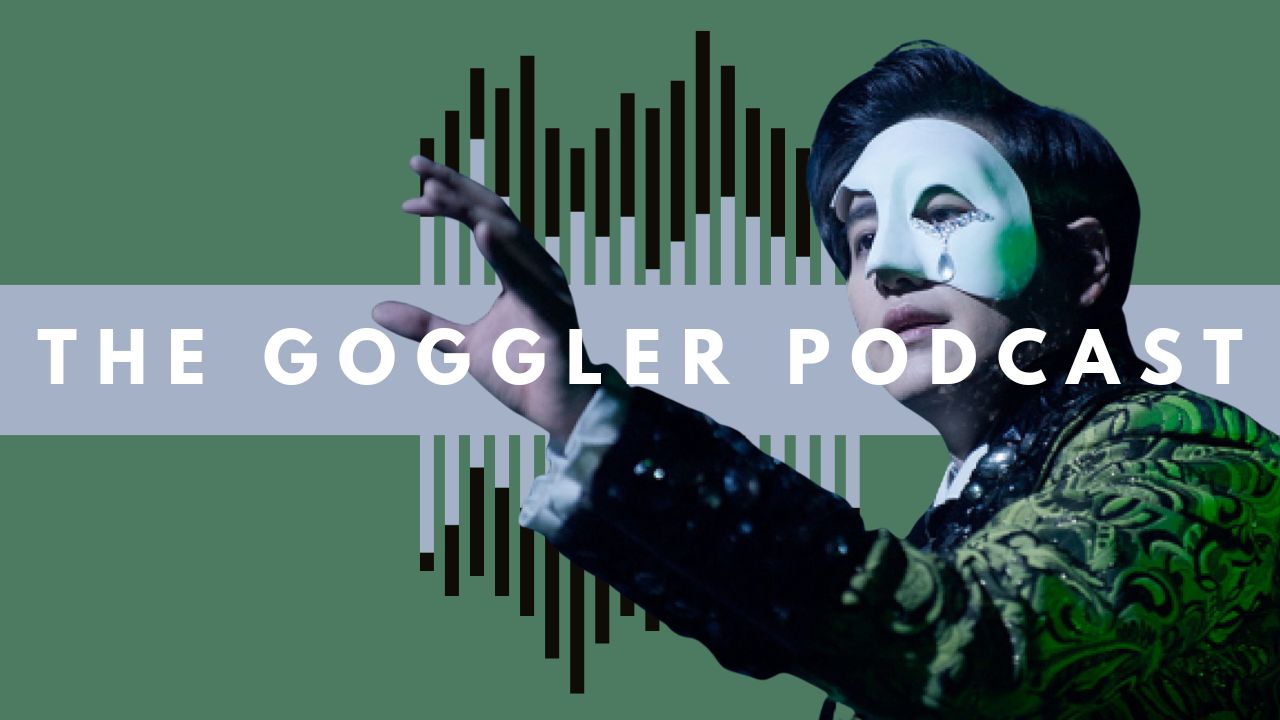
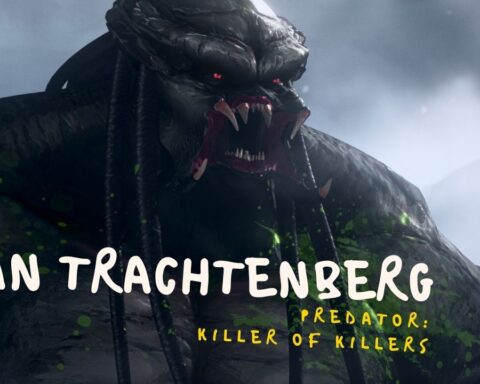
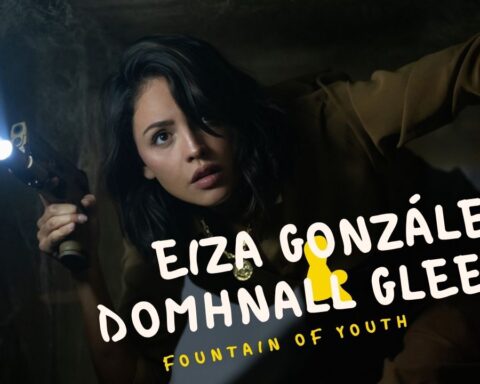
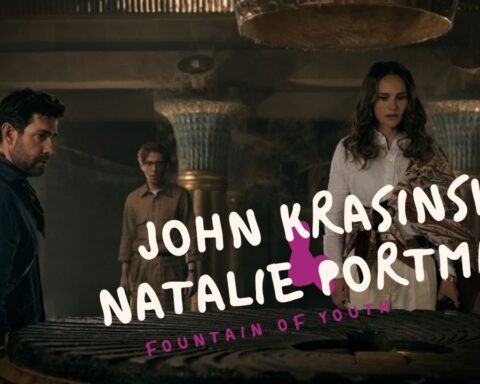
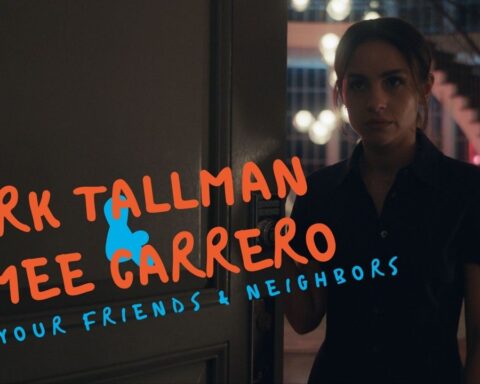
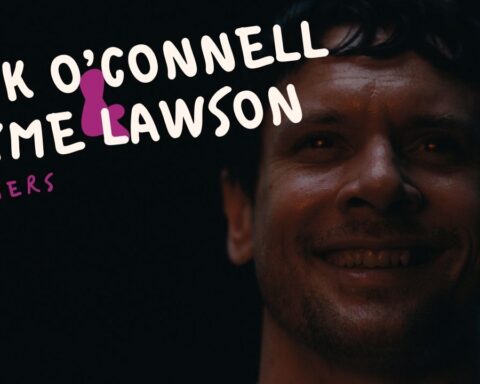
Follow Us